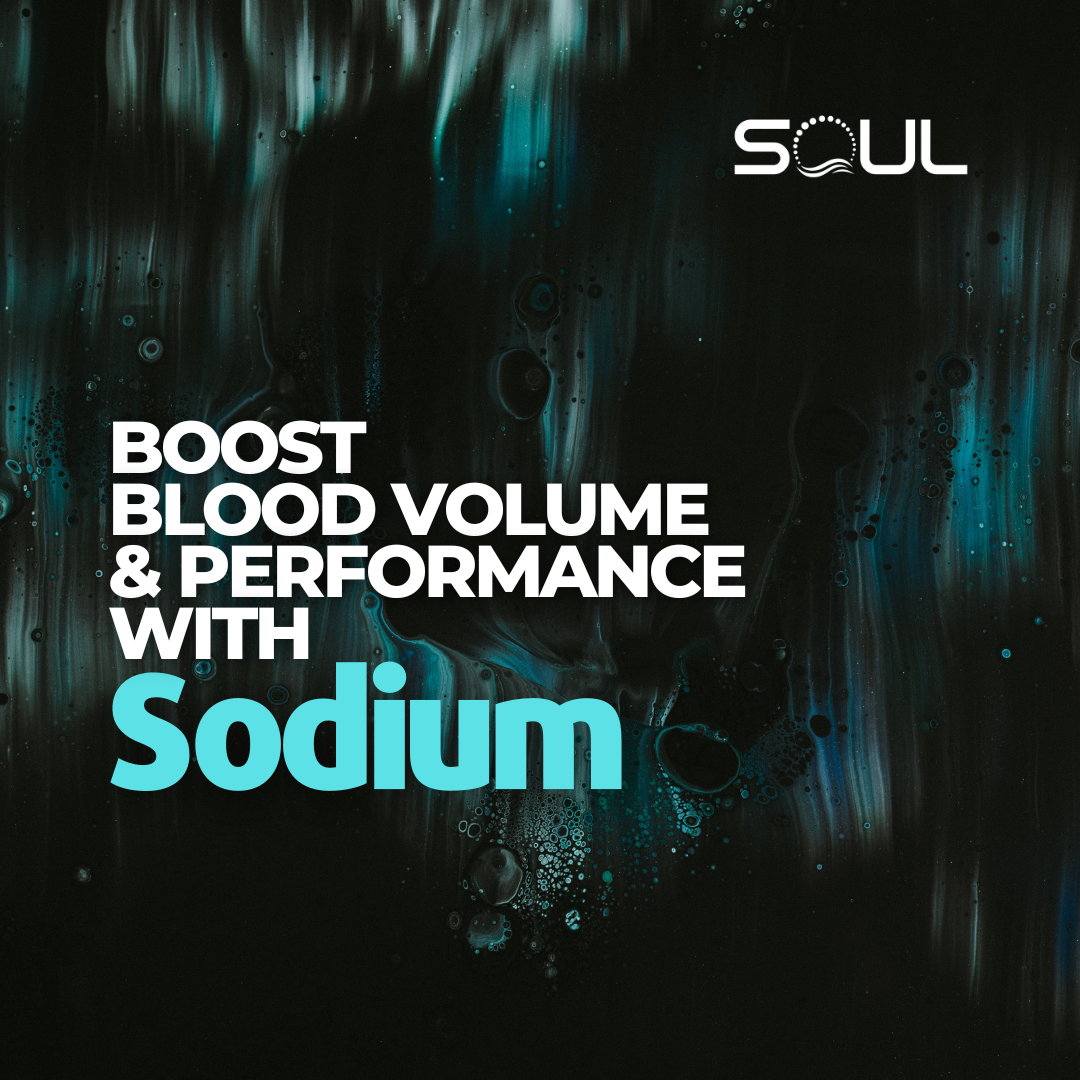
Sodium: The Key to Improved Blood Volume and Performance
Sodium is often treated as a villain, accused of causing everything from bloating to high blood pressure. But in reality, sodium is not just another mineral; it's an essential player in the complex game of human physiology. If your body were a stage, sodium would be the backstage crew—adjusting the lights, managing the props, and setting the perfect atmosphere for a stellar performance. When balanced correctly, sodium can be a secret weapon for athletes and active individuals looking to push their limits.
The Mechanism Behind the Magic: Why Sodium Matters
Sodium is more than a number on the nutrition label—it's an electrolyte, and in the world of fitness and physiology, electrolytes are gold. They’re responsible for regulating the movement of water in and out of cells. And in doing so, sodium helps maintain optimal blood volume. Think of it as the director calling the shots on blood flow, telling water exactly where it needs to go.
This is crucial because increased blood volume translates to better cardiovascular function. When blood volume rises, it’s like adding extra lanes to a busy highway—more space for blood to flow freely, delivering oxygen and nutrients directly to your hard-working muscles. The result? Improved endurance, better performance, and faster recovery. Sodium becomes the unassuming powerhouse that keeps the show running smoothly.
Sodium's Symphony: Partnering with Potassium
But sodium doesn’t work alone. It’s in a constant, delicate dance with its counterpart, potassium. While sodium helps retain water and boost blood volume, potassium plays its part in muscle contraction and relaxation. Together, these two are like a finely tuned orchestra, synchronizing the beat of your heart and the contractions of your muscles. This interplay is crucial for maintaining proper nerve function and keeping your muscles performing at their best. It’s like sodium and potassium are co-conductors, ensuring that your body's performance never misses a beat.
However, let’s not mistake this dynamic duo’s harmony for simplicity. This is where mechanistic conjecture gets interesting. When sodium levels are optimal, blood volume increases, improving vascular elasticity and enhancing blood flow to the muscle tissue. This cascade of events ensures not only the delivery of oxygen but also the removal of metabolic byproducts like lactate, which can impair performance if allowed to build up. It’s the difference between driving a clean race and one riddled with pit stops.
The Hidden Sodium Trap: Where It Lurks
When people think of sodium, their minds often jump to the salt shaker. But that’s a rookie mistake. Sodium hides in plain sight, nestled within processed foods like canned soups, frozen dinners, and snacks. These foods can easily push your intake beyond what you’d get from adding salt to your meal. Athletes and active individuals need to be especially mindful of this, as they juggle the demands of their training with their overall health.
Final Takeaway: A Little Goes a Long Way
In the end, sodium is an essential mineral that plays a pivotal role in your body’s fluid regulation and overall performance. For athletes and those living active lifestyles, sodium can be a game-changer—boosting blood volume, improving cardiovascular function, and enhancing endurance. But it’s also a reminder that more is not always better. A well-calibrated approach, with an eye on processed foods and overall intake, ensures that sodium works for you and not against you.
Sodium isn’t just a number on a nutrition label—it’s the stage manager of your body, making sure that every physiological performance goes off without a hitch. And like any great manager, it knows that the secret to a great show is all in the balance.
These statements have not been evaluated by the Food and Drug Administration. This product is not intended to diagnose, treat, cure or prevent any disease. This article is for informational purposes only and is not a substitute for professional medical advice. Always consult your healthcare provider regarding any health concerns or before starting new supplements.
